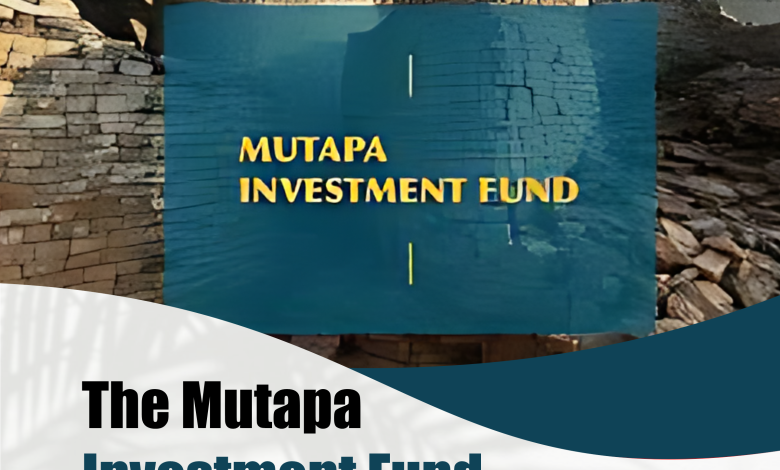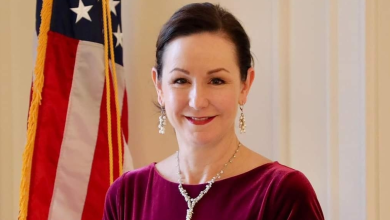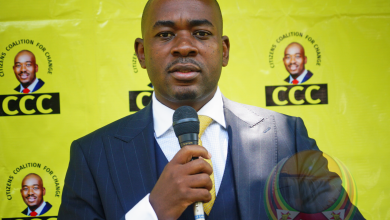Mutapa Investment Fund: Zimbabwe’s Fourth Chimurenga

Introduction
The Mutapa Investment Fund (MIF) has recently come under scrutiny following a report by The Sentry. The report, which questions the Fund’s transparency and ethics, has been criticized for its apparent bias. However, it is essential to recognize the MIF’s role in Zimbabwe’s economic transformation under Vision 2030, aimed at achieving economic independence for Zimbabweans.
The Sentry: A Neo-Imperialist Tool?
The Sentry, co-founded by John Prendergast, a former US National Security Council Director for African Affairs, claims to conduct investigative work but is perceived by many as a tool for US intelligence aimed at regime change. Its investigations often target nations that pursue independent policies contrary to US interests. In Southern Africa, its focus includes Zimbabwe’s Government and ZANU PF, South Africa’s ANC, Angola’s MPLA, and Namibia’s SWAPO. The Sentry’s association with local media houses like Trevor Ncube’s Alpha Media Holdings and Dumisani Muleya’s NewsHawks highlights a collaboration that many view as an attempt to undermine Zimbabwe’s sovereignty.
Historical Context: The Fourth Chimurenga
The MIF is seen as part of Zimbabwe’s Fourth Chimurenga, an economic revolution following the Third Chimurenga, which focused on land reform. The historical context is critical: the British South Africa Company (BSAC) once controlled Zimbabwe’s resources for British benefit. In contrast, the MIF, as a state-owned entity, aims to drive economic growth and development for Zimbabwe’s benefit.
BSAC vs. MIF
| British South African Company | Mutapa Investment Fund |
|---|---|
| Colonial-era company with British ties | Modern investment fund established by the Zimbabwean Government |
| Private company with British ownership | State-owned investment fund |
| Exploited resources for British interests | Aims to drive economic growth for Zimbabwe’s benefit |
Goals and Objectives of MIF
The MIF’s primary objectives include:
- Wealth creation for current and future generations of Zimbabweans
- Reducing reliance on government funding for state-owned enterprises
- Driving economic growth and stability
- Promoting good corporate governance
- Building a stabilization fund for national development
- Investing in a diversified portfolio of assets
- Optimizing benefits through clustering entities
- Enhancing investment assets for public benefit
- Transforming state-owned enterprises into viable and profitable entities
The Sentry’s Criticism and MIF’s Response
The Sentry’s report suggests potential wrongdoing and unethical behavior by the MIF, using terms like “overvaluation of shares” and “transfer of public wealth to private individuals.” However, this perspective fails to acknowledge the MIF’s role in Zimbabwe’s economic sovereignty. The report’s alignment with local media houses that have historically opposed the government suggests a coordinated effort to undermine Zimbabwe’s economic transformation efforts.
MIF as a Tool for Decolonization
The MIF is also an essential tool for decolonization, addressing historical injustices and reclaiming control over Zimbabwe’s resources. Decolonization involves:
- Reclaiming control over natural resources and strategic assets
- Promoting economic self-determination and sovereignty
- Redressing historical inequalities
- Fostering inclusive growth and development benefiting all Zimbabweans
Conclusion
The MIF represents a significant step in Zimbabwe’s ongoing struggle for economic emancipation, symbolizing the Fourth Chimurenga. It aims to dismantle the lingering colonial structures, much like the Land Reform program of 2000 sought to address historical land ownership imbalances. Critics of the MIF, often seen as agents of white capital, should be viewed with skepticism. As President Mnangagwa has stated, the MIF will provide a “new lease of life to previously under-performing state-owned enterprises,” driving Zimbabwe towards a future of economic independence and prosperity.




